Introduction
The title of “The Nightingale by Samuel Taylor Coleridge ” is a moving contemplation of the bird’s song that blends observations about nature with thoughts about human experience. The poem presents the nightingale as both beautiful and comforting, considering it an inspirational symbol too. In so doing, Wordsworth aims at illustrating to his readers how intensely human beings are connected to nature thereby leading them to believe in his kind of poetry.
Literary genius is not the only way that word worth has contributed to literature. He wrote Lyrical Ballads along with Samuel Taylor Coleridge, which is sometimes referred to as the beginning of the Romantic movement. This collection of poems departs from the strict conventions of 18th-century poetry and highlights emotion, imagination, and natural beauty. The preface written by Wordsworth for the second edition refers explicitly to romantic ideals prizing accessibility over eloquence and appealing directly to ordinary people rather than only educated elites in poetic language.
Many people know about some of the most famous works by Wordsworth, such as “I Wandered Lonely as a Cloud” or “Tintern Abbey,” but his poem “The Nightingale” is less familiar yet it remains significant in its own right. As an early work, the poem is symbolic of all the major Romantic themes like nature and human emotions, with particular reference to the influence of nature on the human mind.
When readers consider Wordsworth’s life and his other contributions to literature, they can understand more about “The Nightingale,” and its place among other romantic poems.
The Nightingale Poem

Table of Contents
The Nightingale by William Wordsworth
THE NIGHTINGALE;
~William Wordswroth
A CONVERSATIONAL POEM, WRITTEN IN APRIL, 1798.
No cloud, no relique of the sunken day
Distinguishes the West, no long thin slip
Of sullen Light, no obscure trembling hues.
Come, we will rest on this old mossy Bridge!
You see the glimmer of the stream beneath,
But hear no murmuring: it flows silently
O’er its soft bed of verdure. All is still,
A balmy night! and tho’ the stars be dim,
Yet let us think upon the vernal showers
That gladden the green earth, and we shall find
A pleasure in the dimness of the stars.
And hark! the Nightingale begins its song,
“Most musical, most melancholy” 1 Bird!
A melancholy Bird? O idle thought!
In nature there is nothing melancholy.
—But some night-wandering Man, whose heart was pierc’d
With the remembrance of a grievous wrong,
Or slow distemper or neglected love,
(And so, poor Wretch! fill’d all things with himself
And made all gentle sounds tell back the tale
Of his own sorrows) he and such as he
First nam’d these notes a melancholy strain;
And many a poet echoes the conceit,
Poet, who hath been building up the rhyme
When he had better far have stretch’d his limbs
Beside a brook in mossy forest-dell
By sun or moonlight, to the influxes
Of shapes and sounds and shifting elements
Surrendering his whole spirit, of his song
And of his fame forgetful! so his fame
Should share in nature’s immortality,
A venerable thing! and so his song
Should make all nature lovelier, and itself
Be lov’d, like nature!—But ’twill not be so;
And youths and maidens most poetical
Who lose the deep’ning twilights of the spring
In ball-rooms and hot theatres, they still
Full of meek sympathy must heave their sighs
O’er Philomela’s pity-pleading strains.
My Friend, and my Friend’s Sister! we have learnt
A different lore: we may not thus profane
Nature’s sweet voices always full of love
And joyance! ’Tis the merry Nightingale
That crowds, and hurries, and precipitates
With fast thick warble his delicious notes,
As he were fearful, that an April night
Would be too short for him to utter forth
His love-chant, and disburthen his full soul
Of all its music! And I know a grove
Of large extent, hard by a castle huge
Which the great lord inhabits not: and so
This grove is wild with tangling underwood,
And the trim walks are broken up, and grass,
Thin grass and king-cups grow within the paths.
But never elsewhere in one place I knew
So many Nightingales: and far and near
In wood and thicket over the wide grove
They answer and provoke each other’s songs—
With skirmish and capricious passagings,
And murmurs musical and swift jug jug
And one low piping sound more sweet than all—
Stirring the air with such an harmony,
That should you close your eyes, you might almost
Forget it was not day! On moonlight bushes,
Whose dewy leafits are but half disclos’d,
You may perchance behold them on the twigs,
Their bright, bright eyes, their eyes both bright and full,
Glistning, while many a glow-worm in the shade
Lights up her love-torch.
A most gentle maid
Who dwelleth in her hospitable home
Hard by the Castle, and at latest eve,
(Even like a Lady vow’d and dedicate
To something more than nature in the grove)
Glides thro’ the pathways; she knows all their notes,
That gentle Maid! and oft, a moment’s space,
What time the moon was lost behind a cloud,
Hath heard a pause of silence: till the Moon
Emerging, hath awaken’d earth and sky
With one sensation, and those wakeful Birds
Have all burst forth in choral minstrelsy,
As if one quick and sudden Gale had swept
An hundred airy harps! And she hath watch’d
Many a Nightingale perch giddily
On blosmy twig still swinging from the breeze,
And to that motion tune his wanton song,
Like tipsy Joy that reels with tossing head.
Farewell, O Warbler! till to-morrow eve,
And you, my friends! farewell, a short farewell!
We have been loitering long and pleasantly,
And now for our dear homes.—That strain again!
Full fain it would delay me!—My dear Babe,
Who, capable of no articulate sound,
Mars all things with his imitative lisp,
How he would place his hand beside his ear,
His little hand, the small forefinger up,
And bid us listen! And I deem it wise
To make him Nature’s playmate. He knows well
The evening star: and once when he awoke
In most distressful mood (some inward pain
Had made up that strange thing, an infant’s dream)
I hurried with him to our orchard plot,
And he beholds the moon, and hush’d at once
Suspends his sobs, and laughs most silently,
While his fair eyes that swam with undropt tears
Did glitter in the yellow moon-beam! Well—
It is a father’s tale. But if that Heaven
Should give me life, his childhood shall grow up
Familiar with these songs, that with the night
He may associate Joy! Once more farewell,
Sweet Nightingale! once more, my friends! farewell.
Source: The Project Gutenberg eBook of Lyrical Ballads 1798, by William Wordsworth and Samuel Taylor Coleridge
Line-by-line Meaning of the Poem “The Nightingale”
No cloud, no relique of the sunken day
Distinguishes the West, no long thin slip
Of sullen Light, no obscure trembling hues.
Come, we will rest on this old mossy Bridge!
You see the glimmer of the stream beneath,
But hear no murmuring: it flows silently
O’er its soft bed of verdure. All is still,
A balmy night! and tho’ the stars be dim,
Yet let us think upon the vernal showers
That gladden the green earth, and we shall find
A pleasure in the dimness of the stars.
“No cloud, no relique of the sunken day / Distinguishes the West, no long thin slip / Of sullen Light, no obscure trembling hues.”: The sky in the west is clear, with no remnants of the day that has just passed. There’s no lingering light or faint colors of the sunset.
“Come, we will rest on this old mossy Bridge!”: The speaker invites someone to rest on an old bridge covered in moss.
“You see the glimmer of the stream beneath, / But hear no murmuring: it flows silently / O’er its soft bed of verdure.”: They can see the light reflecting off the stream below, but the stream is so quiet that it can’t be heard. It flows gently over a bed of green vegetation.
“All is still, / A balmy night! and tho’ the stars be dim,”: The night is peaceful and warm. Although the stars are faint,
“Yet let us think upon the vernal showers / That gladden the green earth, and we shall find / A pleasure in the dimness of the stars.”: The speaker suggests thinking about the spring showers that make the earth lush and green. By doing so, they will find joy even in the dimness of the stars.
And hark! the Nightingale begins its song,
“Most musical, most melancholy” 1 Bird!
A melancholy Bird? O idle thought!
In nature there is nothing melancholy.
“And hark! the Nightingale begins its song, / ‘Most musical, most melancholy’ Bird!”: The speaker calls attention to the nightingale starting to sing. The bird is often described as being both very musical and very melancholy, referencing the common perception of its song.
“A melancholy Bird? O idle thought!”: The speaker challenges the idea that the nightingale’s song is melancholy, calling it a frivolous or baseless thought.
“In nature there is nothing melancholy.”: The speaker asserts that melancholy is not inherent in nature. Instead, melancholy is a projection of human emotions onto the natural world.
—But some night-wandering Man, whose heart was pierc’d
With the remembrance of a grievous wrong,
Or slow distemper or neglected love,
(And so, poor Wretch! fill’d all things with himself
And made all gentle sounds tell back the tale
Of his own sorrows) he and such as he
First nam’d these notes a melancholy strain;
“—But some night-wandering Man, whose heart was pierc’d / With the remembrance of a grievous wrong, / Or slow distemper or neglected love,”: The speaker refers to a person who roams at night, burdened by memories of a severe injustice, a lingering illness, or unrequited love.
“(And so, poor Wretch! fill’d all things with himself / And made all gentle sounds tell back the tale / Of his own sorrows)”: This person, overwhelmed by his own misery, projects his sorrow onto everything around him. He interprets all the gentle sounds of the night as echoes of his own pain.
“he and such as he / First nam’d these notes a melancholy strain;”: People like him, who are consumed by their own sadness, are the ones who first labeled the sounds of the night as melancholy or sorrowful.
And many a poet echoes the conceit,
Poet, who hath been building up the rhyme
When he had better far have stretch’d his limbs
Beside a brook in mossy forest-dell
By sun or moonlight, to the influxes
Of shapes and sounds and shifting elements
Surrendering his whole spirit, of his song
And of his fame forgetful! so his fame
Should share in nature’s immortality,
A venerable thing! and so his song
Should make all nature lovelier, and itself
Be lov’d, like nature!—But ’twill not be so;
“And many a poet echoes the conceit, / Poet, who hath been building up the rhyme”: Many poets repeat the idea (conceit) that the nightingale’s song is melancholy. These poets spend their time crafting poetry.
“When he had better far have stretch’d his limbs / Beside a brook in mossy forest-dell / By sun or moonlight, to the influxes / Of shapes and sounds and shifting elements / Surrendering his whole spirit, of his song / And of his fame forgetful!”: The speaker suggests that instead of focusing on writing poetry, it would be better for the poet to relax by a stream in a mossy forest under the sun or moon. The poet should immerse himself in the natural surroundings, absorb the sights and sounds, and forget about his poetry and fame.
“so his fame / Should share in nature’s immortality, / A venerable thing!”: By doing so, the poet’s fame would become eternal like nature itself, which is a venerable or respected and honored condition.
“and so his song / Should make all nature lovelier, and itself / Be lov’d, like nature!”: The poet’s song (poetry) would then enhance the beauty of nature and be loved as much as nature is.
“—But ’twill not be so;”: However, the speaker laments that this ideal scenario is unlikely to happen.
And youths and maidens most poetical
Who lose the deep’ning twilights of the spring
In ball-rooms and hot theatres, they still
Full of meek sympathy must heave their sighs
O’er Philomela’s pity-pleading strains.
“And youths and maidens most poetical / Who lose the deep’ning twilights of the spring / In ball-rooms and hot theatres,”: This refers to young men and women, particularly those who are poetic or sensitive, who spend their time indoors in ballrooms and theaters during the beautiful spring evenings. They miss the natural beauty and tranquility of the spring twilight.
“they still / Full of meek sympathy must heave their sighs / O’er Philomela’s pity-pleading strains.”: Despite being in artificial, confined spaces, these youths and maidens are still moved by the story of Philomela. Philomela, in Greek mythology, was transformed into a nightingale after suffering great tragedy, and her song is often interpreted as a lament. These young people, full of gentle sympathy, sigh empathetically over the nightingale’s sorrowful song.
My Friend, and my Friend’s Sister! we have learnt
A different lore: we may not thus profane
Nature’s sweet voices always full of love
And joyance! ’Tis the merry Nightingale
That crowds, and hurries, and precipitates
With fast thick warble his delicious notes,
As he were fearful, that an April night
Would be too short for him to utter forth
His love-chant, and disburthen his full soul
Of all its music! And I know a grove
Of large extent, hard by a castle huge
Which the great lord inhabits not: and so
This grove is wild with tangling underwood,
And the trim walks are broken up, and grass,
Thin grass and king-cups grow within the paths.
“My Friend, and my Friend’s Sister! we have learnt / A different lore:”: The speaker addresses his friend and the friend’s sister, suggesting that they have gained a different understanding or knowledge.
“we may not thus profane / Nature’s sweet voices always full of love / And joyance!”: They have learned not to misinterpret or disrespect the sounds of nature, which are inherently full of love and joy.
“’Tis the merry Nightingale / That crowds, and hurries, and precipitates / With fast thick warble his delicious notes,”: The nightingale is described as a happy bird that sings quickly and energetically, filling the air with its beautiful notes.
“As he were fearful, that an April night / Would be too short for him to utter forth / His love-chant, and disburthen his full soul / Of all its music!”: The nightingale sings as if worried that the night might end too soon for him to express all his love and release all the music within his soul.
“And I know a grove / Of large extent, hard by a castle huge / Which the great lord inhabits not:”: The speaker knows of a large grove near a huge castle that is not inhabited by its owner.
“and so / This grove is wild with tangling underwood, / And the trim walks are broken up, and grass, / Thin grass and king-cups grow within the paths.”: Because the castle is uninhabited, the grove has become overgrown with wild underbrush. The well-kept paths have broken up, and thin grass and king-cups (a type of flower) grow in them.
But never elsewhere in one place I knew
So many Nightingales: and far and near
In wood and thicket over the wide grove
They answer and provoke each other’s songs—
With skirmish and capricious passagings,
And murmurs musical and swift jug jug
And one low piping sound more sweet than all—
Stirring the air with such an harmony,
That should you close your eyes, you might almost
Forget it was not day! On moonlight bushes,
Whose dewy leafits are but half disclos’d,
You may perchance behold them on the twigs,
Their bright, bright eyes, their eyes both bright and full,
Glistning, while many a glow-worm in the shade
Lights up her love-torch.
“But never elsewhere in one place I knew / So many Nightingales:”: The speaker is marveling at the number of nightingales in this particular location, stating that he has never seen so many in one place before.
“and far and near / In wood and thicket over the wide grove / They answer and provoke each other’s songs—”: The nightingales are spread throughout the woods and thickets of the grove, singing in response to one another and engaging in a musical dialogue.
“With skirmish and capricious passagings, / And murmurs musical and swift jug jug / And one low piping sound more sweet than all—”: The birds’ songs are described as playful and unpredictable, including various musical sounds. Among these, there is a particularly sweet low piping sound that stands out as the most delightful.
“Stirring the air with such an harmony, / That should you close your eyes, you might almost / Forget it was not day!”: The harmony created by the nightingales’ songs is so enchanting that if you close your eyes, you might be fooled into thinking it was daytime due to the lively and vibrant atmosphere.
“On moonlight bushes, / Whose dewy leafits are but half disclos’d,”: The scene is illuminated by moonlight, with the leaves of the bushes glistening with dew and partly visible.
“You may perchance behold them on the twigs, / Their bright, bright eyes, their eyes both bright and full, / Glistning,”: In the moonlight, you might see the nightingales perched on the twigs, their eyes shining brightly and full of life.
“while many a glow-worm in the shade / Lights up her love-torch.”: In the shaded areas, glow-worms add to the magical ambiance by lighting up the scene with their natural bioluminescence, resembling love-torches.
Themes and Motifs in ‘The Nightingale’
William Wordsworth’s poem ‘The Nightingale’ has many melodies that highlight his deep attachment to nature, aesthetics, and sadness. The nightingale bird symbolizes the calm and magnificent beauty of nature in this foremost theme. The poet uses the nightingale not just as a part of the fauna world but also as a sublime being that goes beyond existence into philosophy.
In this poem, Wordsworth contrasts the song of nightingale with human melancholy. The sweet tune from the bird becomes a metaphor for inherent beauty in natural phenomena which consoles people, impacting their spirit. For instance, in the lines, “And hark! the Nightingale begins its song, / ‘Most musical, most melancholy’ bird!” Wordsworth highlights the duality of the nightingale’s song—its beauty intertwined with a sense of melancholy, thus reflecting the complexity of human emotions.
Another dominant theme running through the lines would be the Romantic notion of spiritual and emotional renewal from nature. For instance, Wordsworth’s imagery is vivid as “The silence of the seas,” or “The sleeping flowers beneath the moon’s pale light.” It serves well to create an impression of the very calm and almost holy quality of nature. The images show not only the beauty in nature physically but also a deeper, spiritual beauty speaking so greatly to the poet and reader.
On the other hand, Wordsworth’s nightingale corresponds to the overall emphasis on individual perception and feelings from the Romantic period. This song, therefore, becomes a source of emotional depth—in fact, of introspection—nothing too far beyond the pale of Romantic beliefs that nature could, indeed, foster such deep personal revelations. In this regard, the nightingale takes the role of being a kind of catalyst for the exploration of the interplay between human emotions and the natural world.
In a nutshell, ‘The Nightingale” is an epiphany in nature by William Wordsworth because it unites the elements of nature and beauty with the nightingale as a strong symbol for romantic and idealistic poetical purposes. His dexterity in using natural imagery and philosophical pensiveness extend a warm invitation to his readers to ruminate on certain deeper connections between the world of nature and the human soul.
Literary Devices and Style in ‘The Nightingale’
In “The Nightingale,” William Wordsworth provided one of the most powerful examples of Romantic poetry, overflowing with literary devices and stylistic elements that enhance its emotional profundity and the resonance of its themes. The meter and rhyme scheme of the poem create, first and foremost, a rhythmic flow, but with it, they underline the lyrical quality of the lines. Wordsworth primarily uses iambic pentameter, a meter that permits verses to be rendered with a cadence most natural and close to speech, making the poem accessible without losing any of its poetic elegance.
The rhyming scheme of “The Nightingale” is predominantly ABAB, producing harmony and sweetness of sound. Such consistency in rhyme further helps bind the poem, as with it, each stanza gets thematically and stylistically connected. Wordsworth used enjambment, where the sentences and thoughts run over from a line’s end, to make the poem fluid and continuous. Reflecting the seamless beauty of nature, as he so often celebrates.
Wordsworth uses quite several figurative language devices in “The Nightingale.” The metaphors and similes in the poem make it more profound and leather-bound in its meaning, besides attracting the interest of the reader. For example, the nightingale is used as a metaphor while representing the poet’s voice or the natural world’s innate music. A simile is used to compare the song of the nightingale with a “melancholy strain,” which brings forth vivid imagery and has an emotional parallel drawing the attention of the reader.
Another great device that the poet uses is personification, whereby Wordsworth confers human functions and attributes onto nature. Thus, the nightingale does not represent only a bird but an animal with an ability to express deep human feelings. This personification further blurs the distinction between man and Nature – the Weltanschauung 1 of Romanticism.
Wordsworth’s narrative technique in “The Nightingale” is characterized by his ability to evoke emotion through vivid descriptions and sensory details. The reader is transported to the tranquil, moonlit scene where the nightingale sings, experiencing the serenity and melancholy that Wordsworth so eloquently portrays. Through this evocative imagery, Wordsworth invites readers to share in his reverence for nature and the profound, often bittersweet emotions it can inspire.
The Historical and Cultural Context of ‘The Nightingale’
‘The Nightingale’ by William Wordsworth is deeply rooted in the historical and cultural milieu of the Romantic era, a period that spanned the late 18th and early 19th centuries. This era was characterized by a profound shift in artistic and intellectual pursuits, emphasizing emotion, nature, and individualism. Wordsworth, alongside poets such as Samuel Taylor Coleridge and Lord Byron, was at the forefront of this movement, which sought to break free from the constraints of neoclassical forms and conventions.
Wordsworth’s personal life and experiences significantly influenced ‘The Nightingale.’ Born in 1770, Wordsworth grew up amidst the picturesque landscapes of the English Lake District, which nurtured his appreciation for nature and its intrinsic beauty. His close relationship with his sister, Dorothy, and his friendship with Coleridge also played pivotal roles in shaping his poetic vision. The collaborative efforts between Wordsworth and Coleridge, particularly their joint publication of ‘Lyrical Ballads‘ in 1798, marked a turning point in English literature, heralding the advent of Romanticism.
‘The Nightingale’ reflects the broader cultural and artistic movements of its time through its thematic focus on nature and the human experience. The poem’s vivid imagery and emotional depth exemplify the Romantic ideal of finding solace and inspiration in the natural world. The nightingale, a recurrent symbol in Romantic poetry, represents the beauty and transcendence of nature, a stark contrast to the industrialization and urbanization that characterized the period.
The reception of ‘The Nightingale’ by contemporary readers and critics was generally positive, with many appreciating Wordsworth’s innovative approach to poetry. His emphasis on simple language and direct expression resonated with the Romantic ethos of authenticity and emotional depth. Over time, ‘The Nightingale’ has secured its place in literary history as a quintessential Romantic poem, continuing to be studied and admired for its lyrical beauty and profound connection to the natural world.
The Nightingale Poem PDF
- a particular philosophy or view of life; the world view of an individual or group. ↩︎

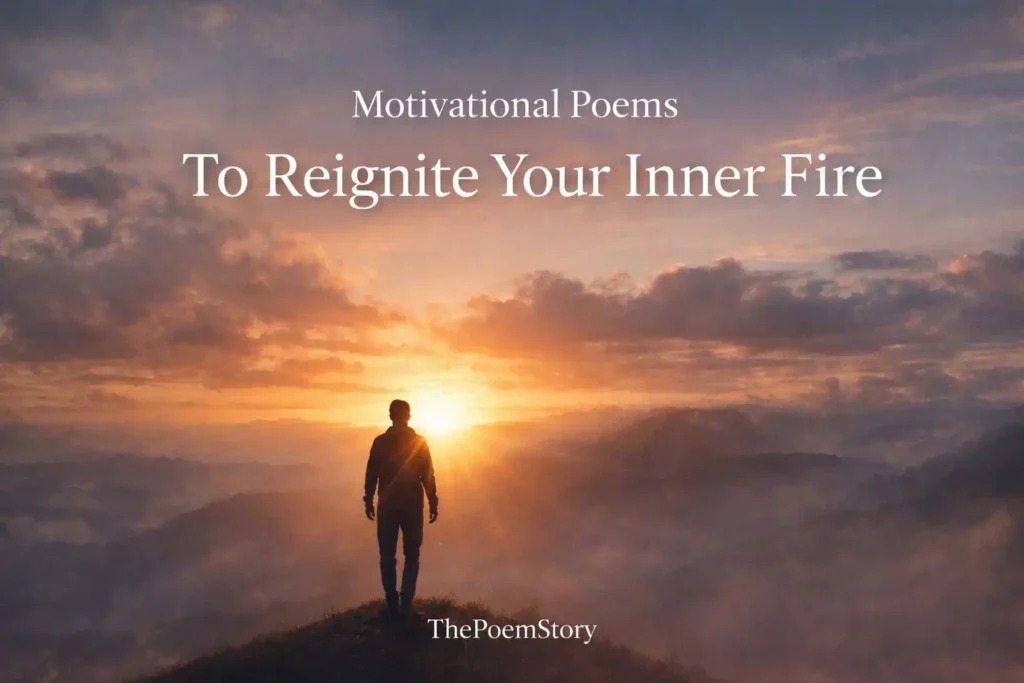
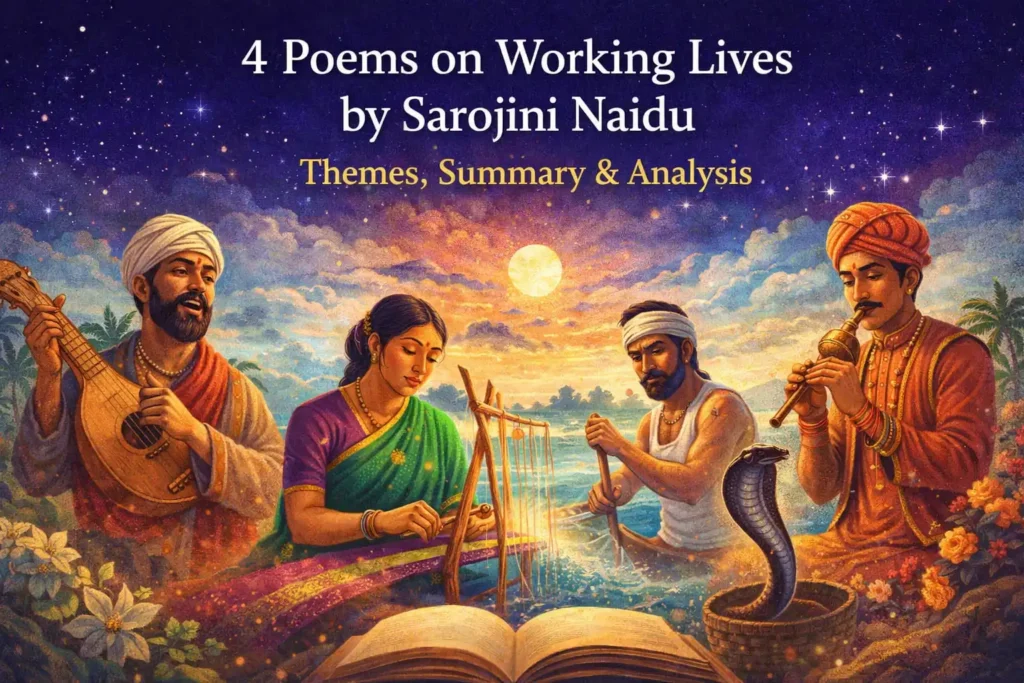
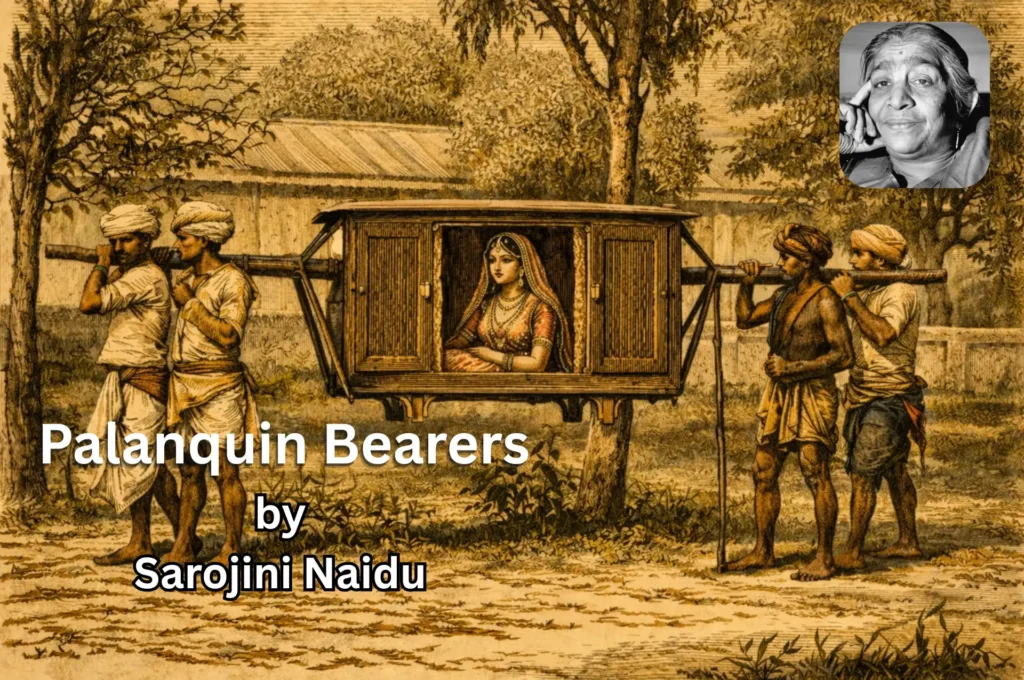




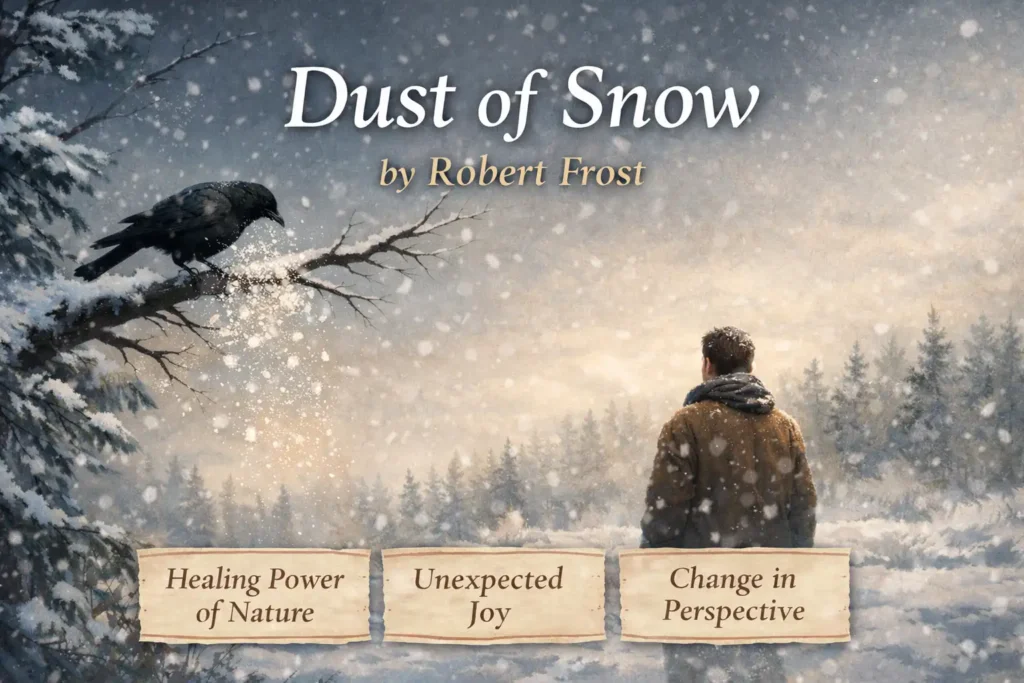


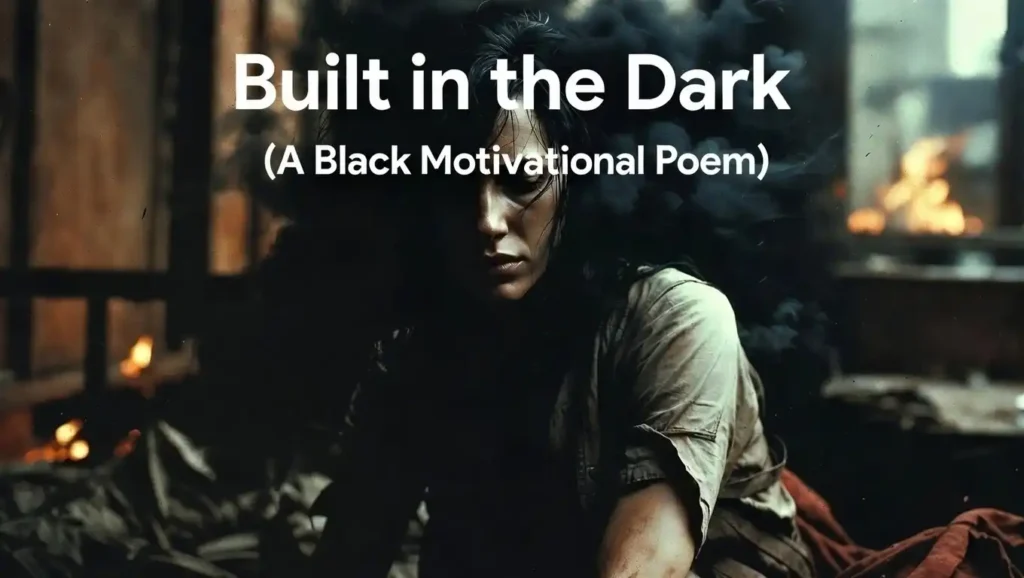


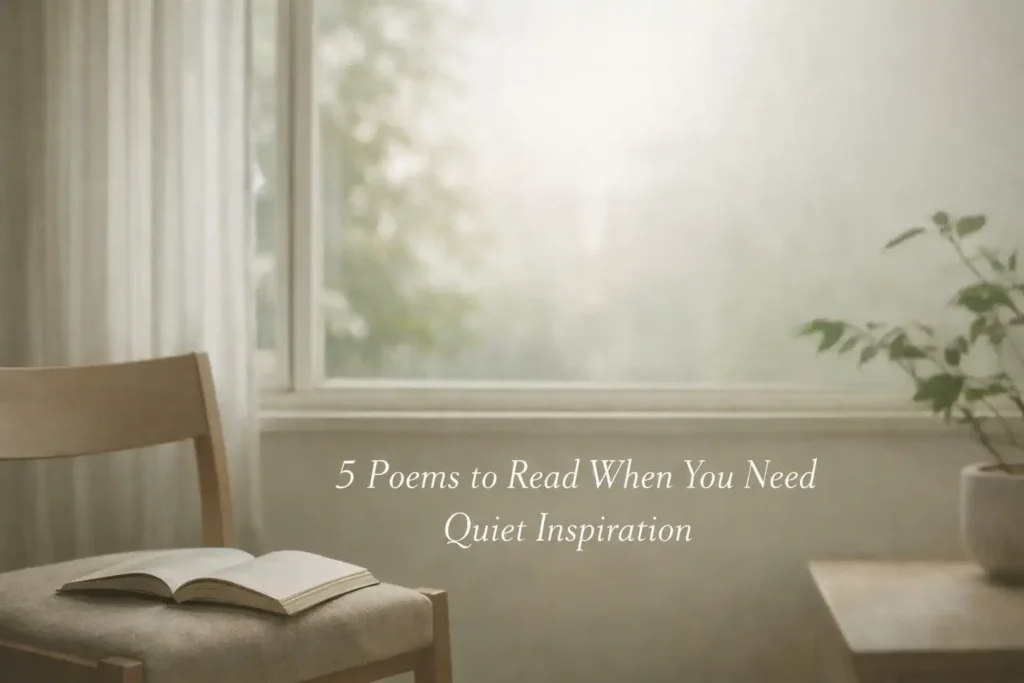

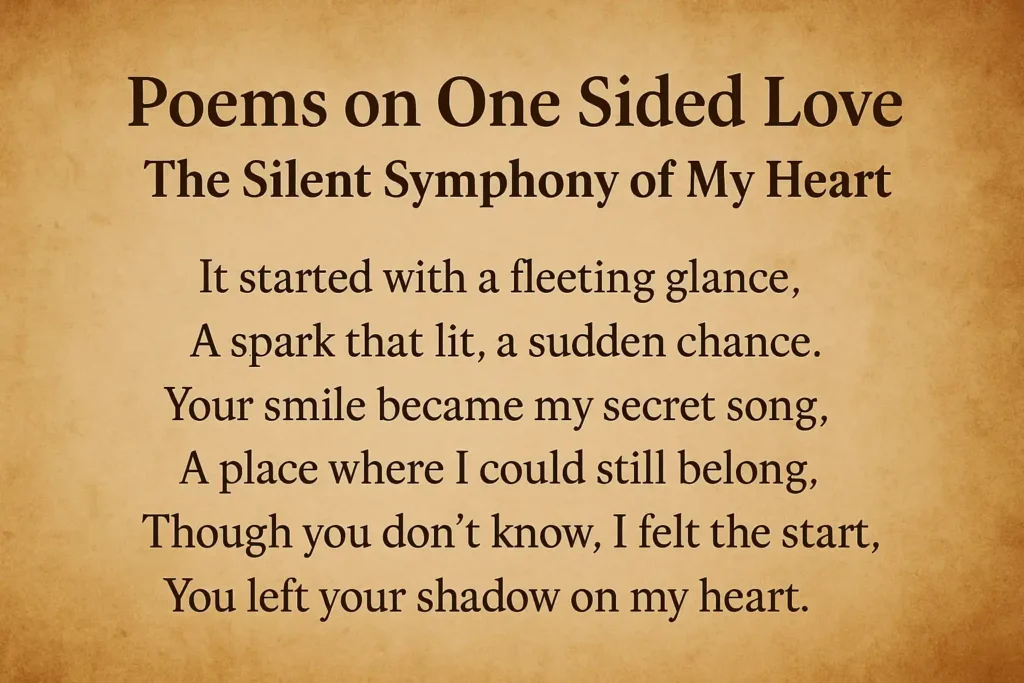
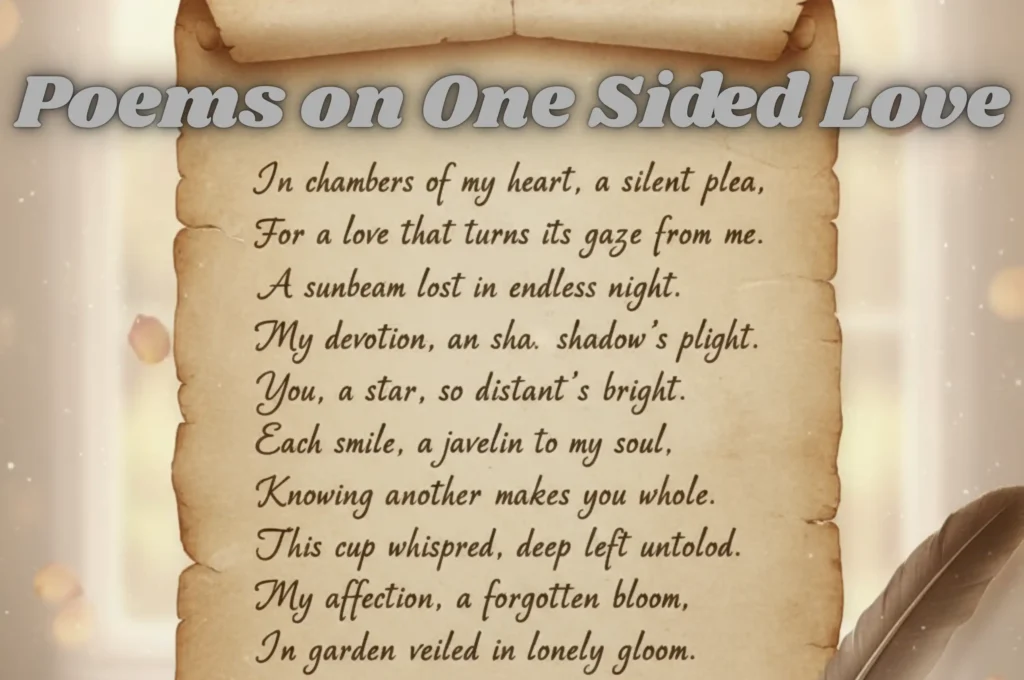
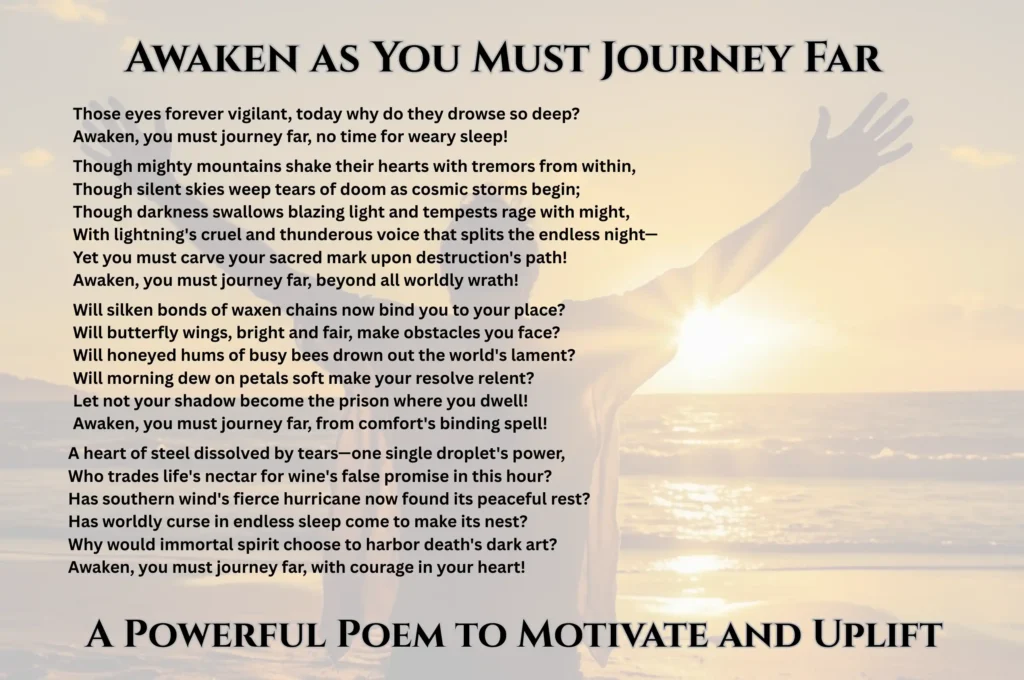

I am curious to find outt what blog platform you’re working with?
I’m having ome minor security problems with my latest blog and I’d like
to find something more safeguarded. Do you have anyy recommendations?
Use Wp-2fa for 2 Factor Authentication.
No, right click and copy plugin.